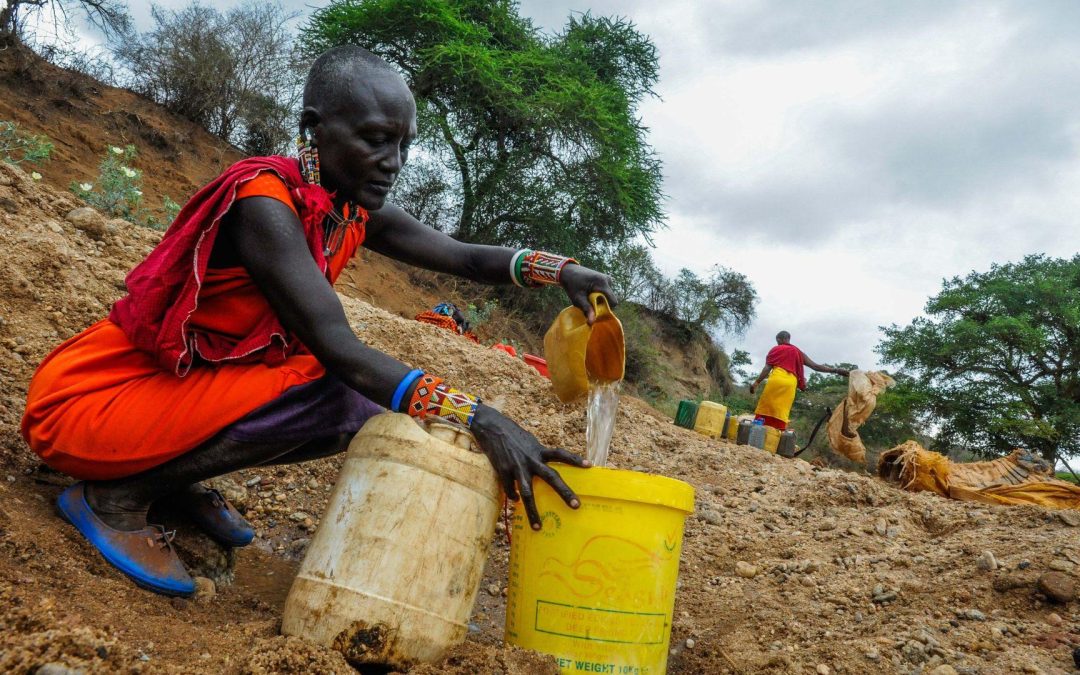The eastern Horn of Africa just saw an unprecedented fifth straight failed rainy season on record, making it the longest and most severe drought in 70 years of precipitation data, Andrew writes.
- The region is likely headed for a sixth poor rainy season this spring, a new forecast warns.
Why it matters: The drought has tipped the region, which encompasses much of Somalia, Ethiopia and Kenya, into widespread severe food insecurity. It has also driven Somalia to the brink of famine.
State of play: More than 1.3 million people in Somalia have been forced to leave their farms and migrate to seek food in displacement sites.
- About 8.3 million Somalis are at risk of famine if more humanitarian assistance is not delivered soon, according to the International Rescue Committee, an aid group.
The big picture: The ongoing drought has its roots in a combination of human-induced global warming and La Niña conditions in the tropical Pacific Ocean.
- La Niña can temporarily reconfigure global weather patterns, bringing increased rainfall to Indonesia, whereas eastern Africa tends to see reduced rains.
- The warming climate worsens droughts by boosting air temperatures and enhancing evaporation from soils and vegetation.
- Globally, ocean temperatures are also increasing rapidly, which tilts the odds in favor of wet and dry precipitation extremes.
What they’re saying: The Famine Early Warning Systems Network called the rainfall totals for the most recent October through December period “grim” in a statement issued Monday.
- “Five inches or so of rain, over three months, in a very hot region, is very close to no rainfall,” Chris Funk, research director at the University of California at Santa Barbara’s Climate Hazards Center, said in a statement.
Threat level: The Horn of Africa has two rainy seasons per year, one from March to May, and another from October to December.
- The Hazards Center predicts the sixth straight failed wet season from March to May of this year, as La Niña’s effects are expected to linger.
- The drought is worsening a humanitarian crisis at a time when parts of the region are in conflict, a type of scenario national security planners expect the U.S. and other countries will encounter more frequently abroad due to global warming.

